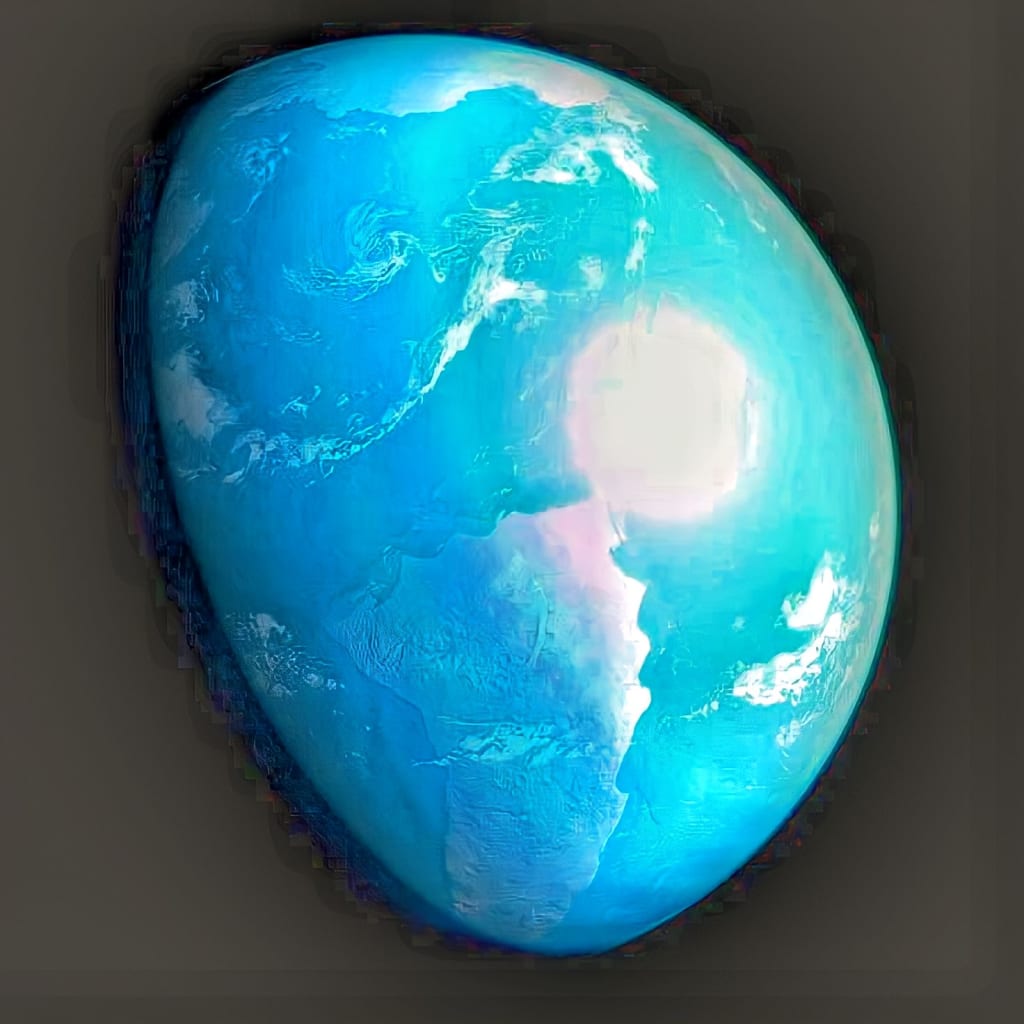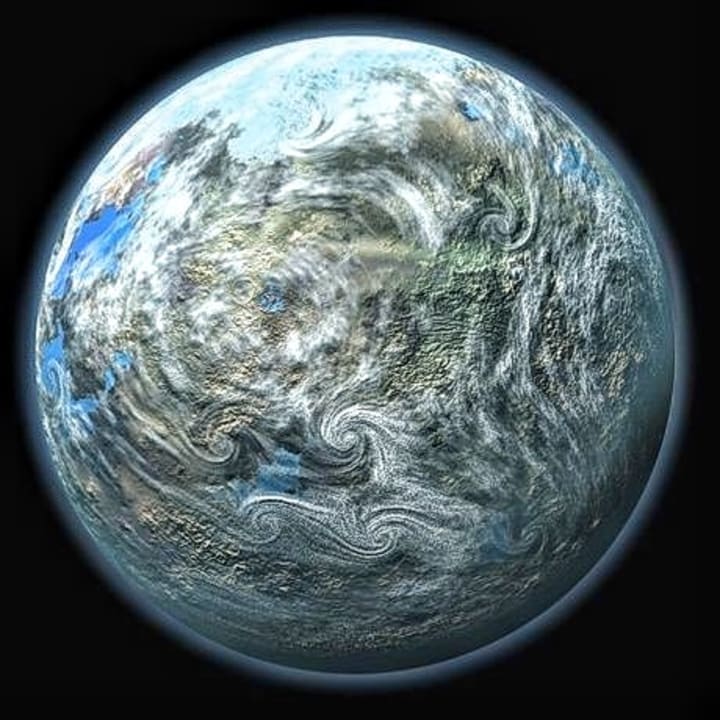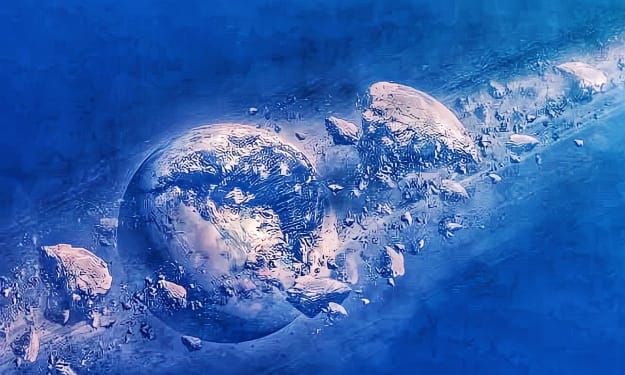Have scientists found another Earth?
lets see earth 2.0

According to a recent study, researchers think they have discovered a new planet that may be home to oceans of liquid water and orbits Proxima Centauri, the star that is nearest to Earth.
Researchers refer to Proxima Centauri d as a "sub-Earth" or a planet that is significantly less massive than Venus or Earth. Proxima Centauri d is currently simply a "planet candidate" because astronomers often wait for independent confirmation before officially adding new planets to their catalogues.
The study's authors are very confident in their detection, which was published in the Astronomy & Astrophysics journal on February 10.
A team led by astronomer Joo Faria used the Echelle Spectrograph for Rocky Exoplanets and Stable Spectroscopic Observations to examine minute changes in the star's light spectrum caused by the planet's gravitational pull during orbit (ESPRESSO). The Very Large Telescope, a series of four 8.2-meter telescopes at the European Southern Observatory in Cerro Paranal, Chile, is home to this cutting-edge tool.
“I knew that ESPRESSO could do this, but I was still surprised to see it showing up,” said Faria.
The space object they found is smaller than a planet found to be orbiting Proxima Centauri in 2016, known as Proxima Centauri b.
The latest study's authors stated that their findings "add new intrigue to the planetary system orbiting Proxima." Three low-mass planets are currently most likely to be found around the star.
According to the Nature journal, Proxima Centauri b has a mass of around 1.3 times that of the Earth and orbits Proxima Centauri in 11.2 days. Proxima Centauri d takes five days to orbit its sun and is most likely smaller than Earth.
While Proxima Centauri b is considered to be in the habitable zone of the star, Proxima Centauri d is not.
Guillem Anglada-Escudé, an astronomer at Queen Mary University of London and the head of the team that discovered Proxima Centauri b about six years ago, declared that "the search for life starts now."

“The habitability conditions of Proxima b…have been extensively studied,” said researchers. “On the other hand, the candidate Proxima d orbits much closer to the star and outside the [habitable zone] range.”
However, the new finding has only made scientists more interested in the Proxima Centauri system.
“It’s showing that the nearest star probably has a very rich planetary system,” says Anglada-Escudé.
Elisa Quintana, an astrophysicist at NASA's Goddard Space Flight Center in Greenbelt, Maryland, says it is exciting to know that our Sun's nearest stellar neighbour is home to three tiny planets. To learn more about them and how they probably developed, this is a system that has to be studied more because of their proximity.
Although Proxima Centauri – a red dwarf and the dimmest star in the Alpha Centauri star system – is the closest star to our Sun, it is still around 40.2 trillion km away, according to NASA.
The Nature article states that the discovery of potentially habitable planets orbiting the star "fulfils a long-held goal of science-fiction writers - a potentially livable world that is close enough for humans to deploy their first interstellar spaceship."
“It does make you wonder,” said Faria, who explained that interstellar travel is still in the realm of science fiction as of the discovery of Proxima Centauri d.
Is Proxima Centauri b habitable?
Proxima b is not necessarily livable despite being in the habitable zone, which is the distance from its host star at which liquid water could accumulate on a planet's surface.
What is the next planet we can live on?
Then, just last year, scientists discovered another Earth-like planet orbiting one of our closest neighboring stars, Proxima Centauri. Currently, this planet is the best candidate we have for supporting human life.
About the Creator
ASHIF Navheed
i am just like others who need answers for the questions that raise in their head
Enjoyed the story? Support the Creator.
Subscribe for free to receive all their stories in your feed. You could also pledge your support or give them a one-off tip, letting them know you appreciate their work.






Comments
There are no comments for this story
Be the first to respond and start the conversation.